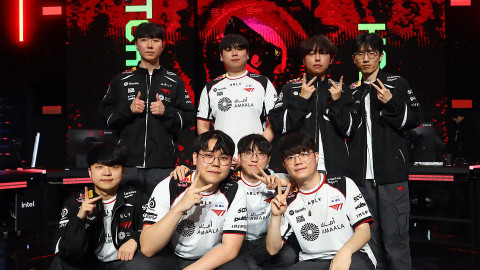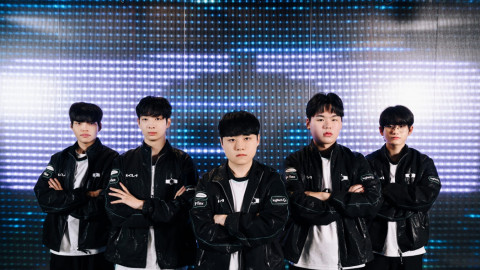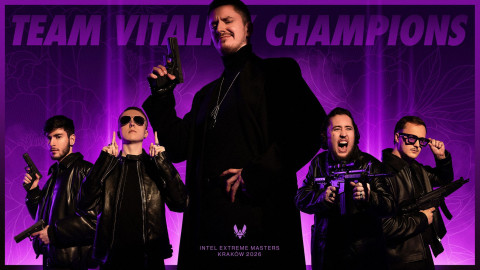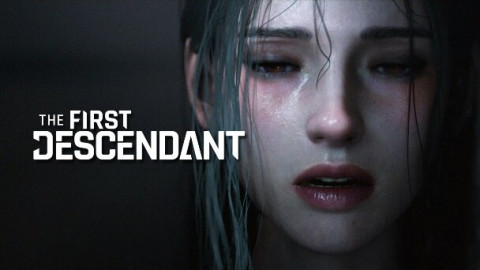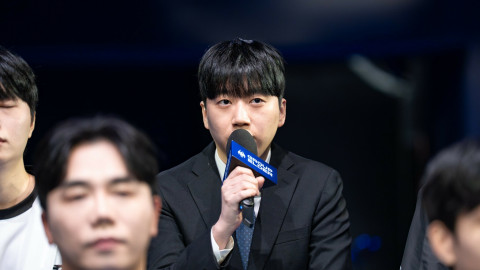Harrisburg University Storm League of Legends Coach Alex "Xpecial" Chu is more familiar than most with the challenges at all levels of competitive esports. Xpecial began his career as the Support for Team SoloMid [now TSM] in April 2011. In 3 years with TSM, Xpecial qualified for several international events and won the lion's share of North American domestic tournaments in the early days of League of Legends esports.
Even after parting ways with TSM, Xpecial continued to perform at a top level as the Support for Team Liquid in the NA LCS. Throughout Xpecial's career as a professional player, he has competed under eight different banners across nearly eight years of playing at the top level.
After playing Support for Golden Guardians Academy in the 2018 NA Academy League Spring Split, Xpecial hung up his mouse and keyboard in favor of a coaching position with the main roster of Golden Guardians. Unfortunately, his addition to the squad did not help much, as Golden Guardians finished in 10th place for their second LCS split in a row.
With nearly a decade of experience in LoL Esports, Xpecial adds a wealth of experience and unique insights from both professional playing and coaching that bolsters an already impressive Harrisburg University esports program. Inven Global's Nick D'Orazio spoke with Xpecial about the newest chapter in his Lol Esports career and the present and future of collegiate esports.
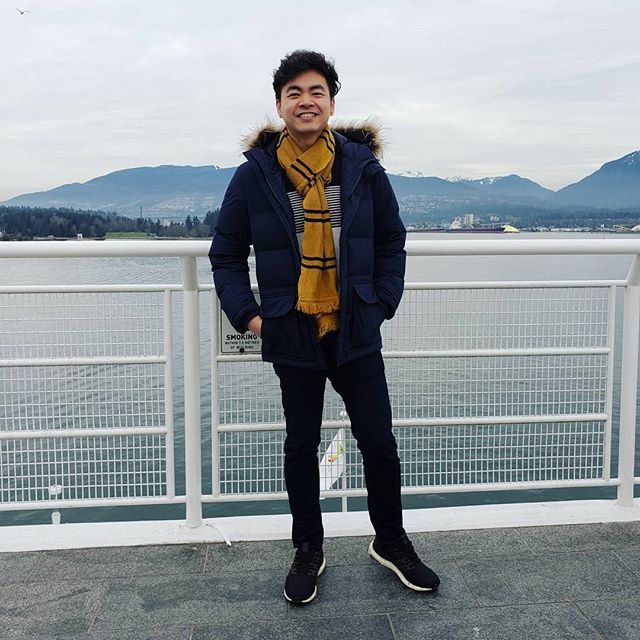
How have things been since you joined Harrisburg in a coaching position? Is there anything that you didn't expect you would enjoy or any unexpected difficulties thus far?
When I was first asked to be a coach for Harrisburg's League of Legends team, I was thinking it was going to be a temporary thing. I didn't really go into this with many expectations, but I've come to really enjoy coaching again. Before, I was coaching for Golden Guardians, and I was not having the best time. I played my part, but I didn't have as much impact as I wanted. On Harrisburg, I feel impactful and I can feel that there's been a lot more growth for the players as well.
It's quite rewarding to watch the players improve through practice. Also, I didn't expect this to be so fun, so that's the biggest difference for me.
How much of your coaching style is formed from things you've learned from playing League of Legends professionally?
The biggest things I learned were not necessarily through playing, but through reading a lot of books and talking to other coaches. In my own previous coaching experience, there are a lot of lessons I have had to learn on how to treat players and staff members. Having to learn a lot through my own coaching career was very important.
In your opinion, what are the top misconceptions about what a collegiate esports coach does?
In collegiate League of Legends, I think a coach is even more important than a coach in LCS. In the higher level leagues, players tend to have more experience and have gone through a lot more of the basic training for a competitive esports athlete. In collegiate esports, players are often coming straight from solo queue.
At first, I have to be very strict about how I want them to practice and what I'm looking for. People tend to goof around in scrims at all levels, but specifically in collegiate, it's easier to hold players accountable and make sure they put in their full efforts. There's a lot of standard stuff like that in which any coach of any sport would be held responsible.
A lot of the time, I feel more like a babysitter who knows all about the game as well. The game knowledge I have and my ability to stay on top of the ever-changing nature of League of Legends are incredibly important for a coach. The coach also has to play the game and keep evolving with the game as it changes.
Did you expect that this new position would allow you to keep playing the game and keep your skill razor sharp, and has that been a contributor to the unexpected fun of the position?
At this point, I wouldn't consider my skill razor sharp. I've been very on and off, and this is probably the worst I've been as a player. However, for me to do my job properly, I don't need to be playing at the top level. I can watch VoDs of professional games and learn through that as well. I don't really enjoy League of Legends the same way I did, but it's still fun to pass on my knowledge, teach the game, and come at things from a different perspective.
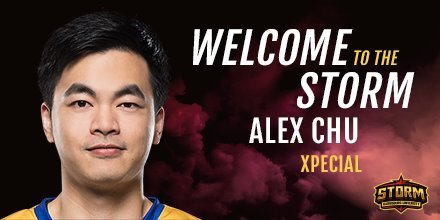
Do you think there's a comparison to be made between traditional college sports and collegiate esports?
I think they're very similar, with the sole exception of athletes not being able to go to the NBA right after high school. Right now, the collegiate esports system is kind of like the NA Academy League system. You have players who either can't quite make it to LCS with their current skill level, or players who had their own reasons for going to college instead of trying to go pro. Regardless, these players get an opportunity to prove themselves in the LoL collegiate scene.
Some of these players will go pro, but the majority will stay in the collegiate system and finish their education and play for potential scholarships.
Players often have to choose between a standard education/career path or going all-in on becoming a pro. Do you think there will come a day where that choice won't have to be made?
I think with the way things currently are, it will be a long time before that would happen. People are so used to people coming straight into LCS or straight into the Academy League, that unless there's a movement to change that, I'm not sure it will ever happen. There are individual exceptions, but at the same time, a lot of collegiate players are completely fine the current system.
What do you think students can expect when they first enroll in college and decide to enter that school's collegiate esports program, and who do you think is best suited for these type of programs?
Players who want to go to school and aren't sure if they want to play competitively can get a small taste of what that environment is like. It's really fun because playing competitively is such a different experience when compared to playing solo queue. If you don't enjoy playing League of Legends, I wouldn't recommend something like this, but if you enjoy playing the game, you should definitely go for it.

At the same time, you should always be careful and be attentive to what each program offers, as it can differ from college to college. For example, at Harrisburg University, players have scholarships, but some colleges only have a club, and the club team is sort of separated from the university. They use the name of the school because they are students there, but in that context, there isn't really any correlation.
What do you think sets apart Harrisburg University from other collegiate esports programs?
Harrisburg does a lot on their end to accommodate for the growing esports market and a growing need for esports athletes. We've seen other colleges do this — Robert Morris University; University of California Irvine; and now, Harrisburg University. Colleges are beginning to realize that with kids playing more and more video games nowadays, it's a natural trend to accommodate for this new sport.
In your experience, how have other students reacted to collegiate esports coming to more campuses?
I coach remotely for Harrisburg, so it's rare for me to be out there. However, when UC Irvine first opened the UCI Esports Arena two years ago, there was really good reception. There were a lot of players who wanted to try out for the team. I think because so many people play games nowadays, especially League of Legends, they want to watch it grow and were excited by their university providing an option to continue playing.
Is there anything you've been proud of so far that you've accomplished at Harrisburg?
Since I've been here for such a short time, there isn't too much to say yet. I really want to be able to sit back in a couple of months and look back and be able to say, "These guys have gotten a lot better and I had a big part in that." That's my goal as a coach. I want to have a strong impact on these players — not just on their performance, but as people. I want them to succeed in their schooling and whatever they do for the rest of their lives. Whether they go pro is not my biggest concern.

For any aspiring esports coach, what are some of your best practices?
The big thing to teach players nowadays is patience, whether it's playing the game as a unit and being patient with the game itself, or patience with the players themselves as a team. Because this is always a team environment, it's very important that the players get along and are willing to help each other succeed.
There's a lot of unity to be built, and that's oftentimes because these players are coming from all over the place. They don't know each other, and they may have never played in a team environment before. Lots of tension can come from that, and it's very important to attack that early and not let it grow and settle.
As a coach, you don't want to be complacent about players having discontent with each other if you can help it. That's a big concern, no matter what sport is being played. However, I think because coaches in League of Legends esports tend to be a bit younger than other competitions, they don't have as much experience in dealing with that. I've seen it multiple times over, both as a player and a coach, so that was my biggest concern that I had.
What attributes do players need to showcase to stand out from others, outside of incredible game skill?
You have to have the ability to work well with other people. People don't realize that it's important for people to be okay with playing with you or hanging out with you. For example, no one wants to play with a passive-aggressive player. Regardless of whether you have nothing to say, or a lot to say, it's important for you to show your true feelings. If you try to do both, you come off as very fake and annoying.
I'm not saying this happens to players on my squad, but it's definitely a concern when looking towards players who haven't had experience in team environments. It's a huge factor in solo queue, and it translates into the higher levels of play as well. Often times, that person isn't realizing how they're affecting their teammates. Having someone who is able to be authoritative in those situations is really important
Thank you so much for your insight, Xpecial. Are there any last words or any things you'd want to leave to those reading this interview?
The reason why we play and coach League of Legends is because it's fun to us. If at any point, you feel that playing League of Legends is no longer fun, I would consider to step away, whether it be a break or permanently. When you no longer enjoy something, you're no longer going to be competing at the highest level. If you're not have fun, why do it? At the end of the day, it's a game, and what we do is so much fun to so many people. If you're not enjoying it, don't harm yourself.
-

Warcraft 3 is my one true love and I will challenge anyone to a game of Super Smash Brothers Melee.
-

Sort by:
Comments :0

